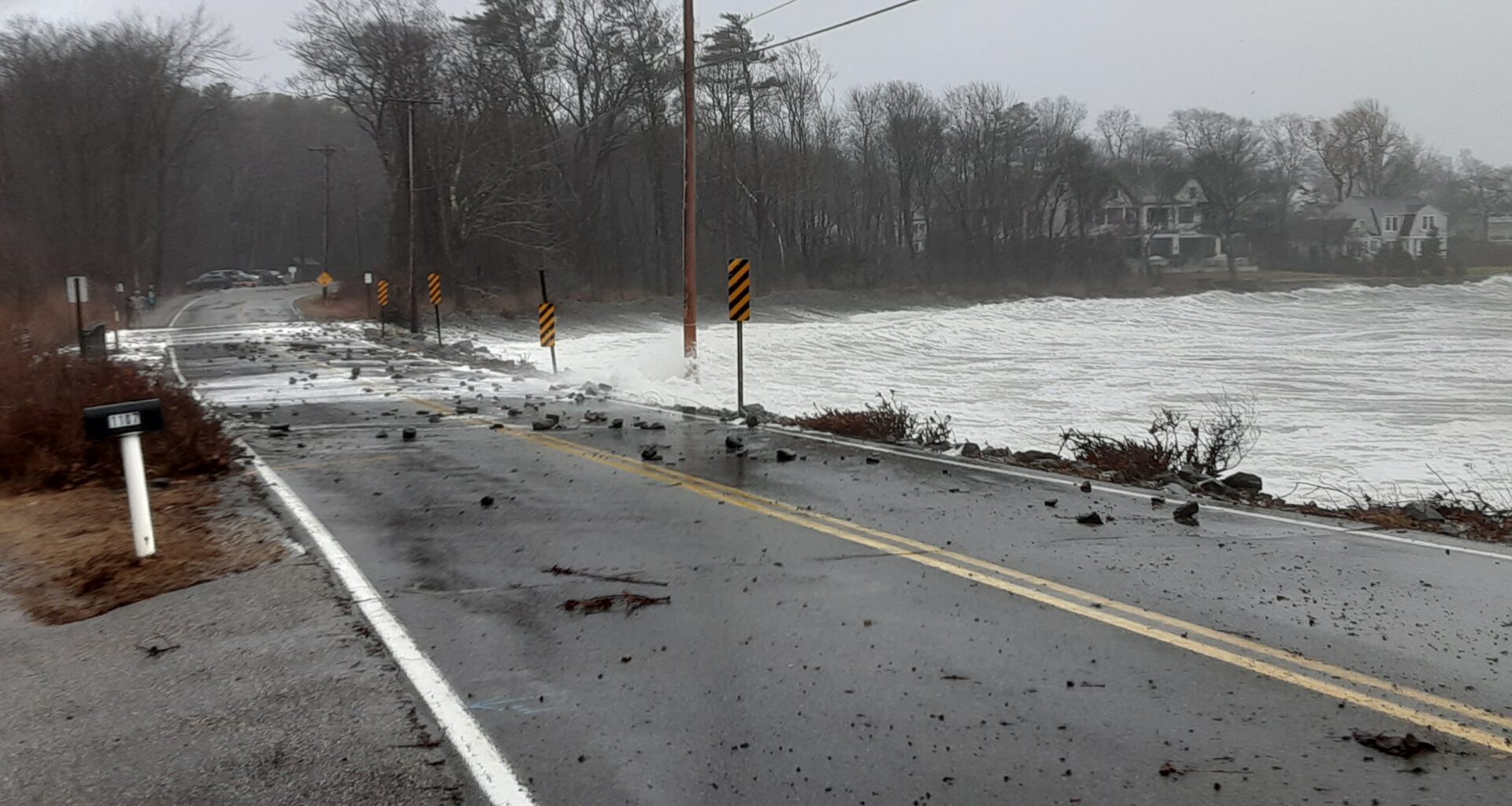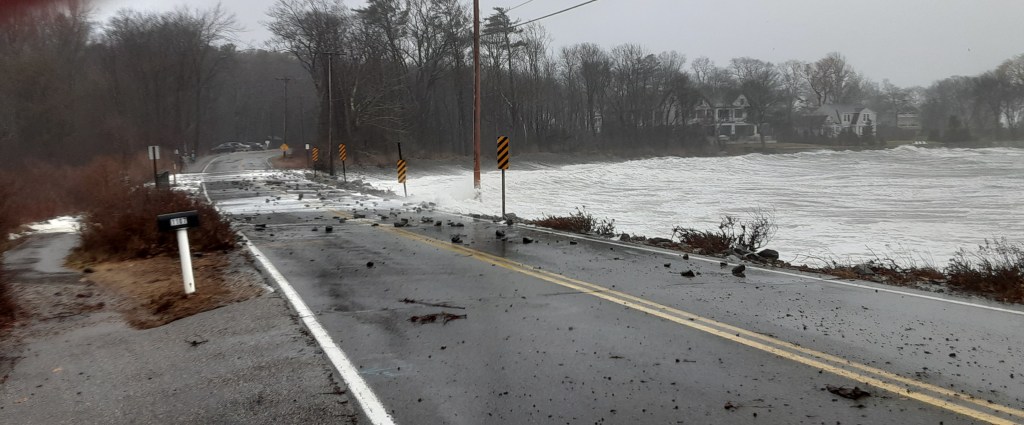Cape Elizabeth is taking a new step to address climate change.
On Monday, the Town Council approved the climate action plan put together by the Greater Portland Council of Governments.
After two years and a series of studies, surveys and community workshops, the town set the priorities of protecting wetlands and open spaces, improving transportation safety and accessibility and making buildings more energy efficient.
The plan includes 88 action items, with a range of short- and long-term recommendations, including suggestions to switch to heat pumps, weatherize buildings and opt for electric vehicles as well as adapt building codes, update infrastructure to prepare for inclement weather and reduce fossil fuels in government facilities.
Town Manager Patrick Fox said it’s going to take town buy-in and participation in addition to the capacity of municipal staff to carry out the vision for this plan.
“We want to make sure that it doesn’t sit on the shelf like other plans,” said Kelly Rehberg, sustainability project manager with GPCOG.
The town, like others in southern Maine, is starting to feel the effects of climate change. Temperatures and sea levels are rising.
“We’re seeing that climate change is happening and that it’s affecting all of our community,” Rehberg said. “We’re seeing roads flooding, invasive species and less snow.” The vulnerability assessment found that over 4 miles are at risk of flooding during extreme flood events, impacting more than 100 properties.
The climate action plan will take time to roll out and will require continual investment.
“We need to do this,” said Town Councilor Andrew Swayze. “We can’t sit around and wait.”
The town agreed to align with the Maine Won’t Wait campaign, with the goal of an 80% reduction in greenhouse gas emissions by 2050.
The town currently emits 74,056 megatons of carbon dioxide, equivalent to 8 million gallons of gasoline, according to the Greenhouse Gas Inventory conducted by GPCOG. Buildings, namely residential, were the biggest emitters. Passenger vehicles were second. Rehberg said that these findings were in line with statewide trends.
And residents want action. In a survey conducted by GPCOG, more than half of responding Cape Elizabeth residents said they were either extremely worried or worried about climate change. In the same survey, 75% of respondents said the town should be doing something to address climate change.
Some of these measures are costly, something that Cape residents are concerned about. In the community survey, cost was reported as the No. 1 barrier to reducing emissions.
“This plan isn’t telling people what they can and cannot do,” Rehberg said. “We’re not taking anything away from people. It’s always recommendations.” In her presentation before the council, she shared that $1 invested in resilience avoids $13 in damages and economic losses.
This plan is meant to be a living document, something that can be updated each year as the town identifies and develops new goals, she said.

